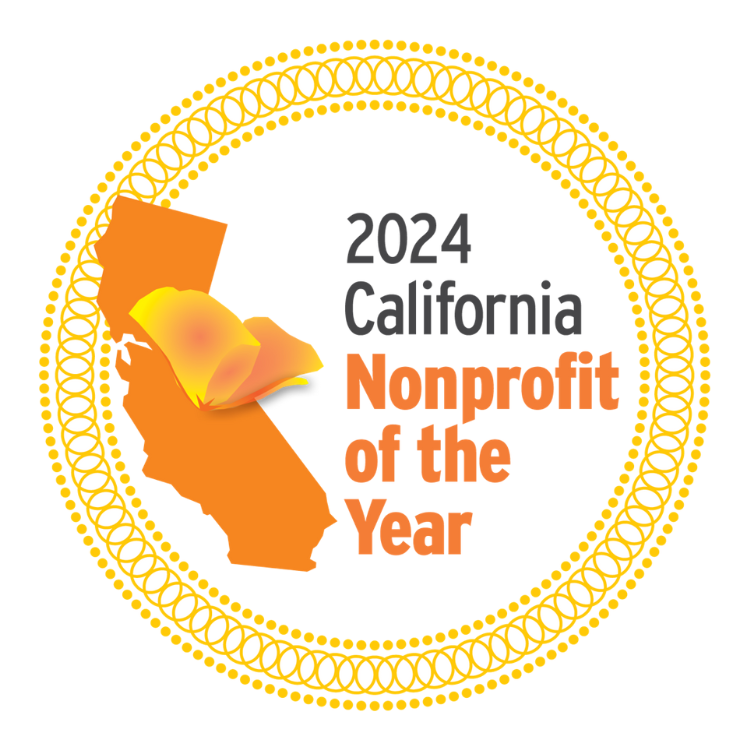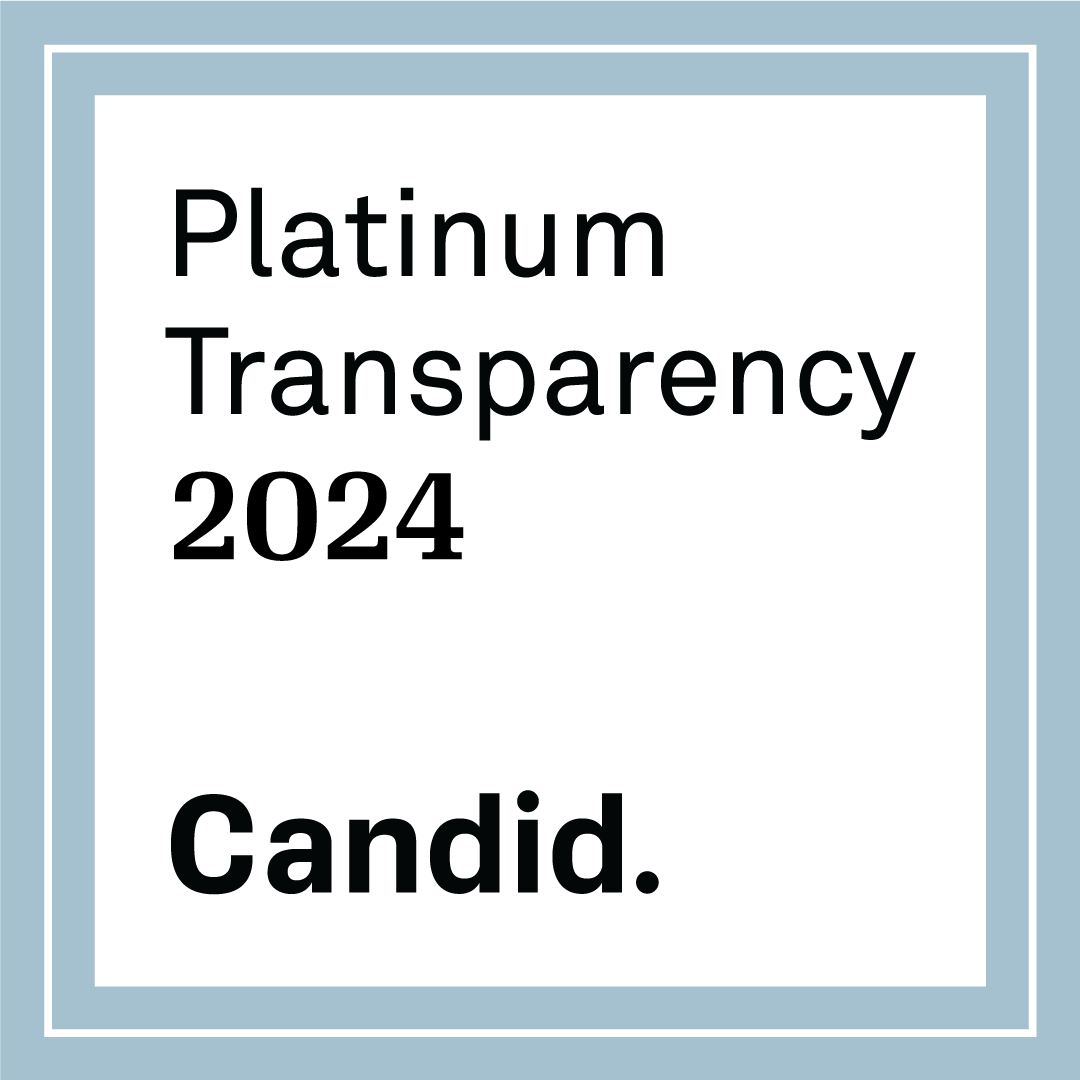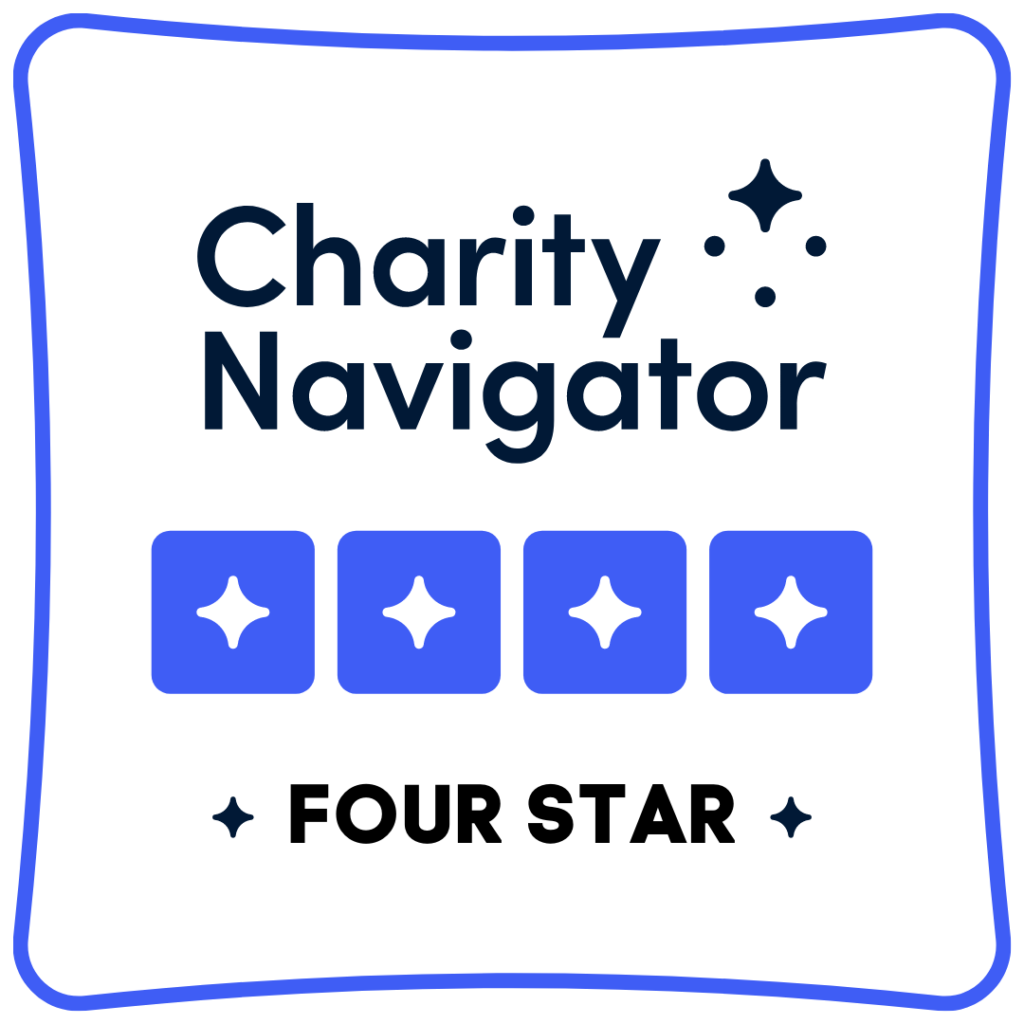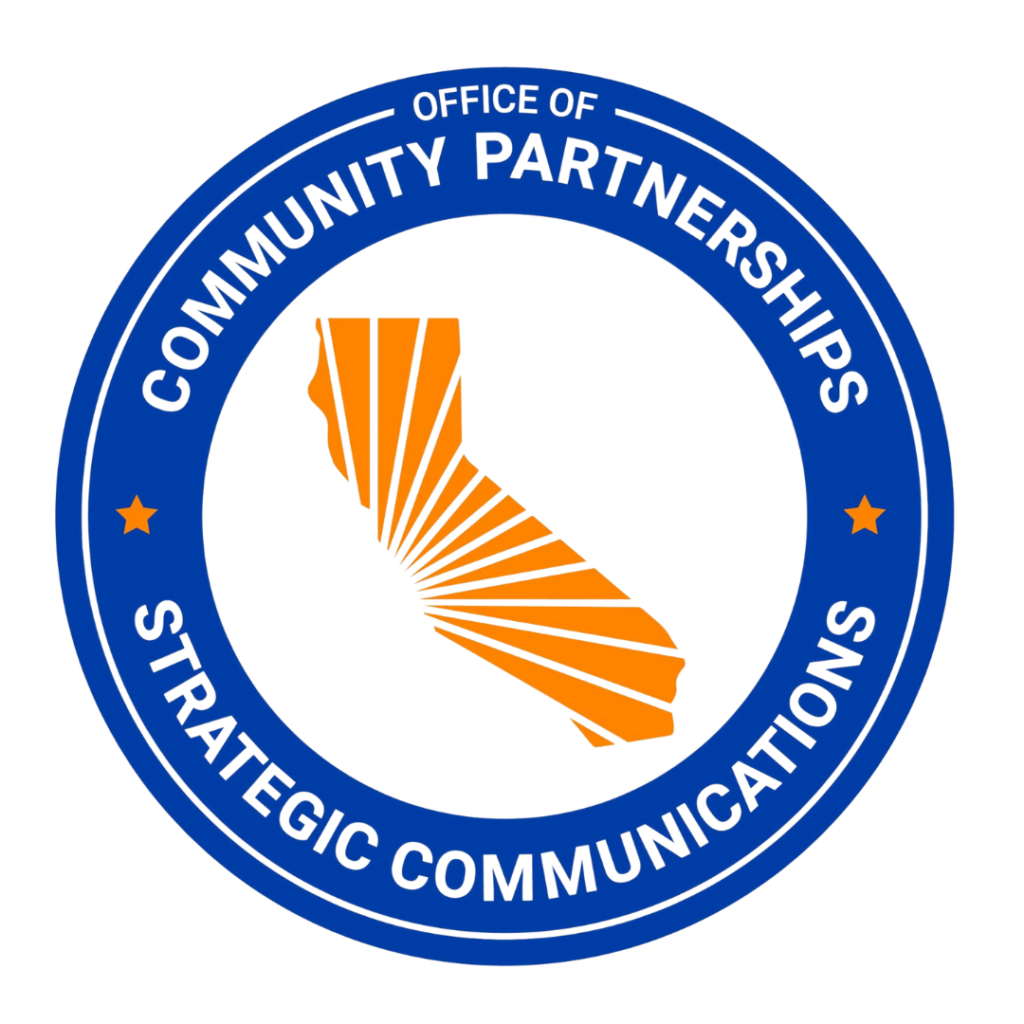By Ely Khatib
My name is Ely and I have been vegan for a little over a year now. I didn’t do it for my health or to get more fit, although that is a good added benefit to the lifestyle. I changed my diet for two reasons: for the animals and for the environment.
Animals are excessively abused by farmers and are not taken care of, nor killed, in a humane way. Many are crammed into small places, fed corn meal, and beaten with a blunt object to kill them. Animal products also use the most water and land, and produce more greenhouse gases than any plant-based foods, fruits and vegetables.
It’s not necessary for everyone to go fully vegan to help curb animal abuse and improve the environment. I am not going to try to make you stop eating meat entirely. What really matters is that each person minimizes their intake, so that the agricultural industry isn’t so overwhelmed by consumers. This will help prevent the industry from cramming animals in tight spaces and using excess resources that lead to environmental consequences.
So, what does this mean for your diet? This could be as simple as reducing your meat and dairy consumption from three times a day to once a day, or from every day to three times a week.
I know people who only eat animal products when they go out to eat, but never when they cook at home. Or people who only eat animal products on the weekends. Even eating solely chicken and turkey instead of red meat – which uses the most land, energy, water, and produces the most greenhouse gases – is better than no change at all.
Regardless of which changes you adopt; the whole idea is to do what you can to minimize your impact on the environment and reduce the need for the animal agriculture industry to abuse animals.
People may think being vegan is hard, but when you practice it, it’s actually super easy, especially when you eat at home. Most people avoid veganism for a multitude of reasons, such as fear of hormone changes (estrogen), malnourishment, or just because meat tastes so good.
The truth is that hormone imbalances do not come from consuming soy milk instead of real milk, or from avoiding meat. Your body does not produce more testosterone because you eat meat, nor does it produce more estrogen because you don’t.
Avoiding malnourishment just takes care and attention. For example, because I do not eat red meat I lack iron and vitamin B-12. To combat this, I take supplements, eat a lot of spinach, eat certain cereals, and drink lots of non-dairy milk.
Another argument is that vegans do not get enough protein, but I can assure you that I eat more than enough nuts, vegan protein powders, enough protein bars, and drink enough soy milk to meet my needs as an athlete.
Furthermore, there are also many new plant-based “meats” that serve as my supplement for meat when I make tacos, pastas, burgers, and burritos at home. They are even vegan corn dogs and “chicken” nuggets at the store – for when I want a late-night snack.
Finally, when transitioning to a vegan lifestyle (or a vegetarian / low-meat one), it can be very hard to make the jump cold turkey. One technique is to slowly reduce your intake over the course of six months. Start by eating meat three days instead of five, then go down to once after three weeks, then to none after another three weeks.
Try the techniques above, such as only eating meat when you go out with friends or only on weekends. Whatever you can do makes a difference, and if you do it right, the transition can be easy and comfortable.
Modifying your diet will help the environment in the long run, and it’s only one of the many ways to get involved in protecting our precious water and natural resources.
An added bonus is that you may become the best cook of your friend group and everyone will be impressed with how healthy you are. Good luck!
Click here to learn how you can get involved in protecting the State of Your Water.
The State of Your Water is in our hands. Support us today so that we may continue to advocate for
water conservation and keep our coastal and inland waters clean.

